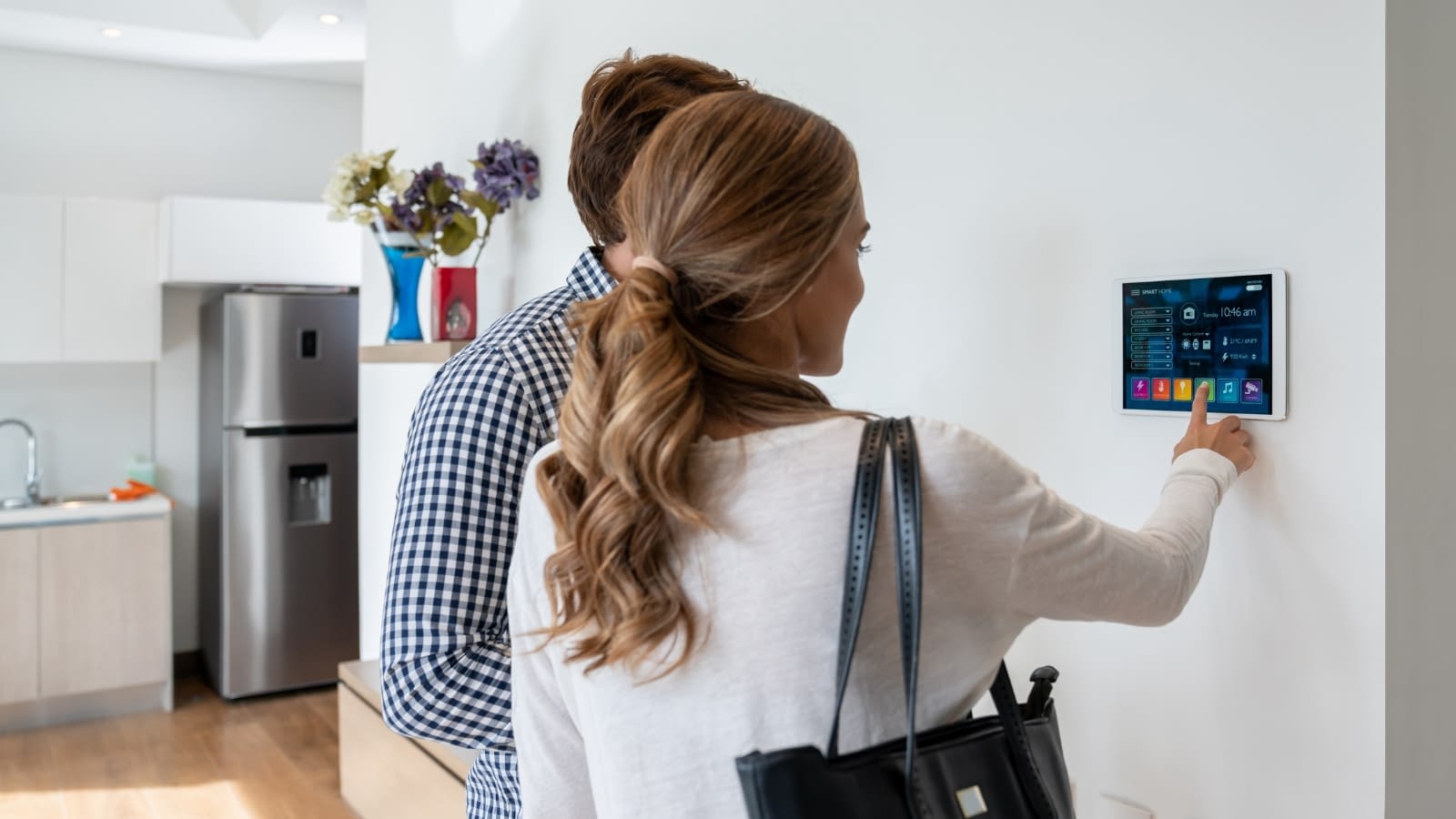Your Guide to Purchasing a Home Security System

In today’s world, home security has become a top priority for homeowners looking to protect their property and loved ones. With burglaries and home invasions a constant concern, investing in a reliable home security system can provide invaluable peace of mind. Beyond deterring potential intruders, modern security systems offer many benefits, from protecting your home to integrating with smart technology for added convenience.
Types of Home Security Systems
1. Monitored Systems
Monitored home security systems are among the most comprehensive options available. These systems are professionally monitored 24/7, meaning that trained professionals will respond immediately if an alarm is triggered. The primary benefit of a monitored system is constant oversight, ensuring that emergency services are contacted even if you’re not home or unable to call for help. While these systems may come with higher installation and monthly fees, their reliability and fast response times make them ideal for homeowners seeking robust protection.
2. DIY Systems
DIY security systems are becoming increasingly popular for their affordability and ease of installation. These systems are typically wireless and come with customizable components, allowing homeowners to tailor the setup to their needs. While DIY systems generally don’t include professional monitoring, many offer remote monitoring through a mobile app, allowing you to monitor your home from anywhere. These systems are perfect for tech-savvy homeowners looking for flexibility and control over their security.
3. Wireless vs. Wired Systems
Wireless and wired home security systems each have their pros and cons. Wireless systems are easy to install, making them ideal for renters or homeowners who want a hassle-free setup. They are also portable, allowing them to be easily moved or expanded. However, they rely on Wi-Fi, which could be a vulnerability if the connection drops. On the other hand, wired systems offer more stable connections and don’t depend on wireless signals. Still, their installation is more complex, often requiring professional assistance and permanent fixtures within the home.
Features to Consider
When choosing a home security system, including essential components that provide enhanced protection is critical. Here are key features to keep in mind:
- Cameras: Essential for monitoring entrances and vulnerable areas around your home.
- Sensors: Placed on windows and doors to detect any unauthorized entry.
- Alarms: Effective deterrents for burglars, alerting you and your neighbors of a break-in.
- Smart Home Integration: Many systems can control locks, lights, and cameras remotely through a smartphone app, making it easier to monitor your home from anywhere.
Choosing the Right System
Several factors should guide your decision when selecting a home security system:
- Budget: Systems vary widely in cost based on features and whether professional monitoring is included.
- Home Size: The size of your home determines how many cameras and sensors you’ll need.
- Neighborhood: Consider your neighborhood’s safety. Homes in higher-crime areas may require more advanced security features.
- Comprehensive Detection: Look for systems that offer additional protection, such as smoke and carbon monoxide monitoring and burglary protection.
Secure Your Home with the Right System
Purchasing the right home security system involves understanding the options available and choosing one that fits your needs. Whether you opt for a monitored system or a DIY setup, the right system can help protect your home and family. As you explore your options, consider the features, installation process, and costs that make the most sense for your home. Prioritizing home security gives you peace of mind that your property is safe, whether at home or away. To learn how home security systems affect your insurance coverage, talk to one of our local insurance agents today.
Filed Under: Personal Insurance | Tagged With: Homeowners Insurance
